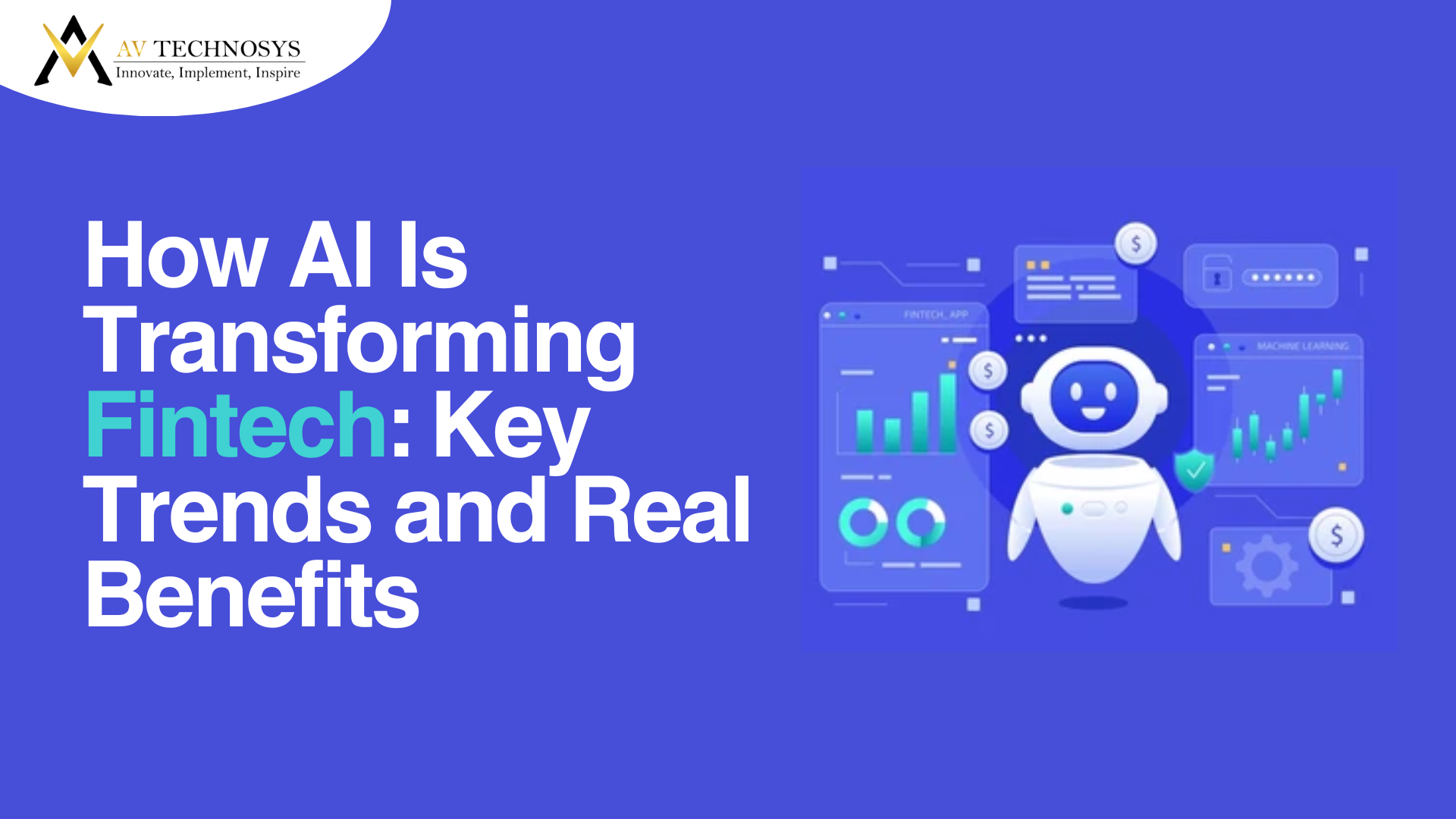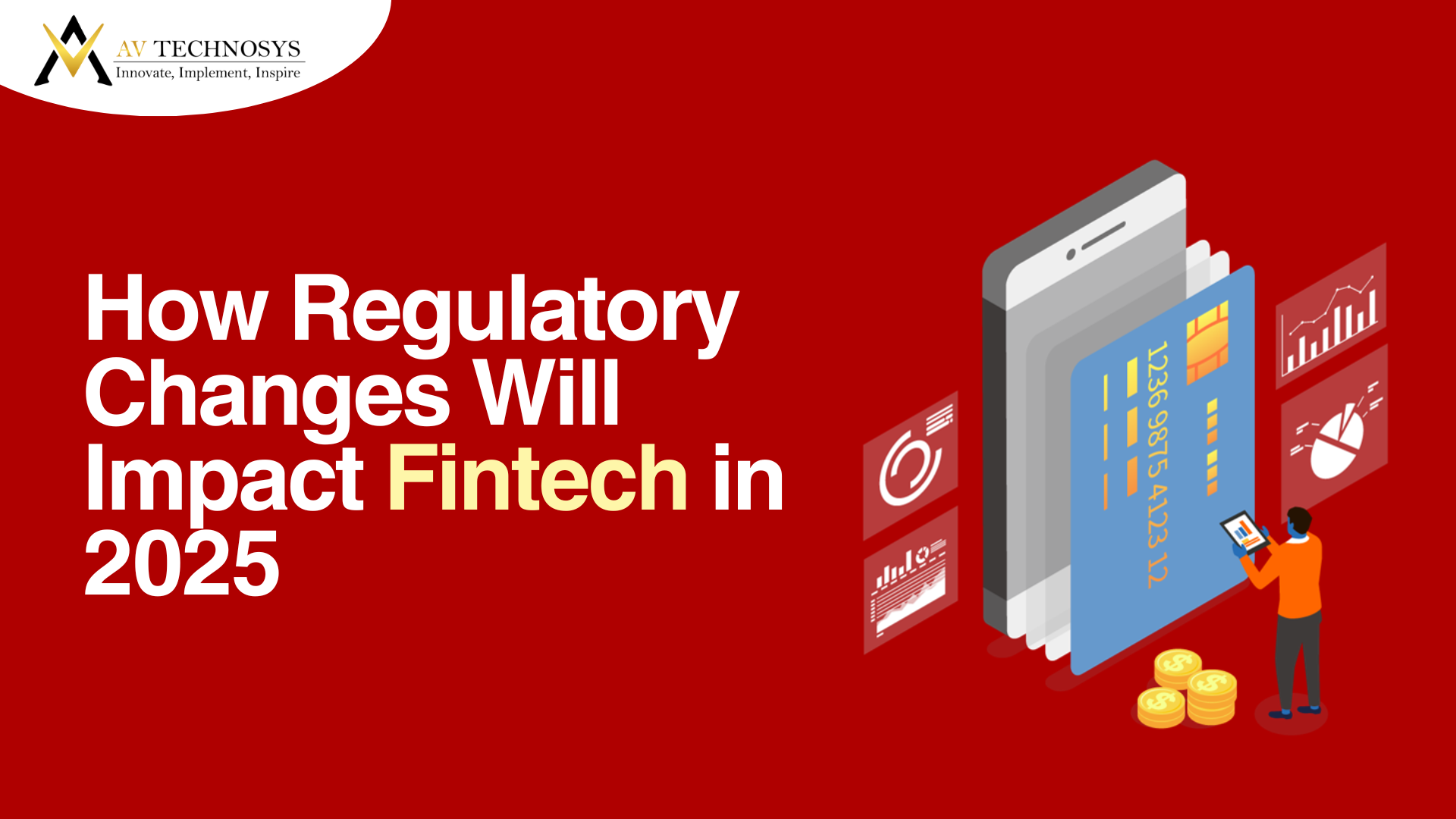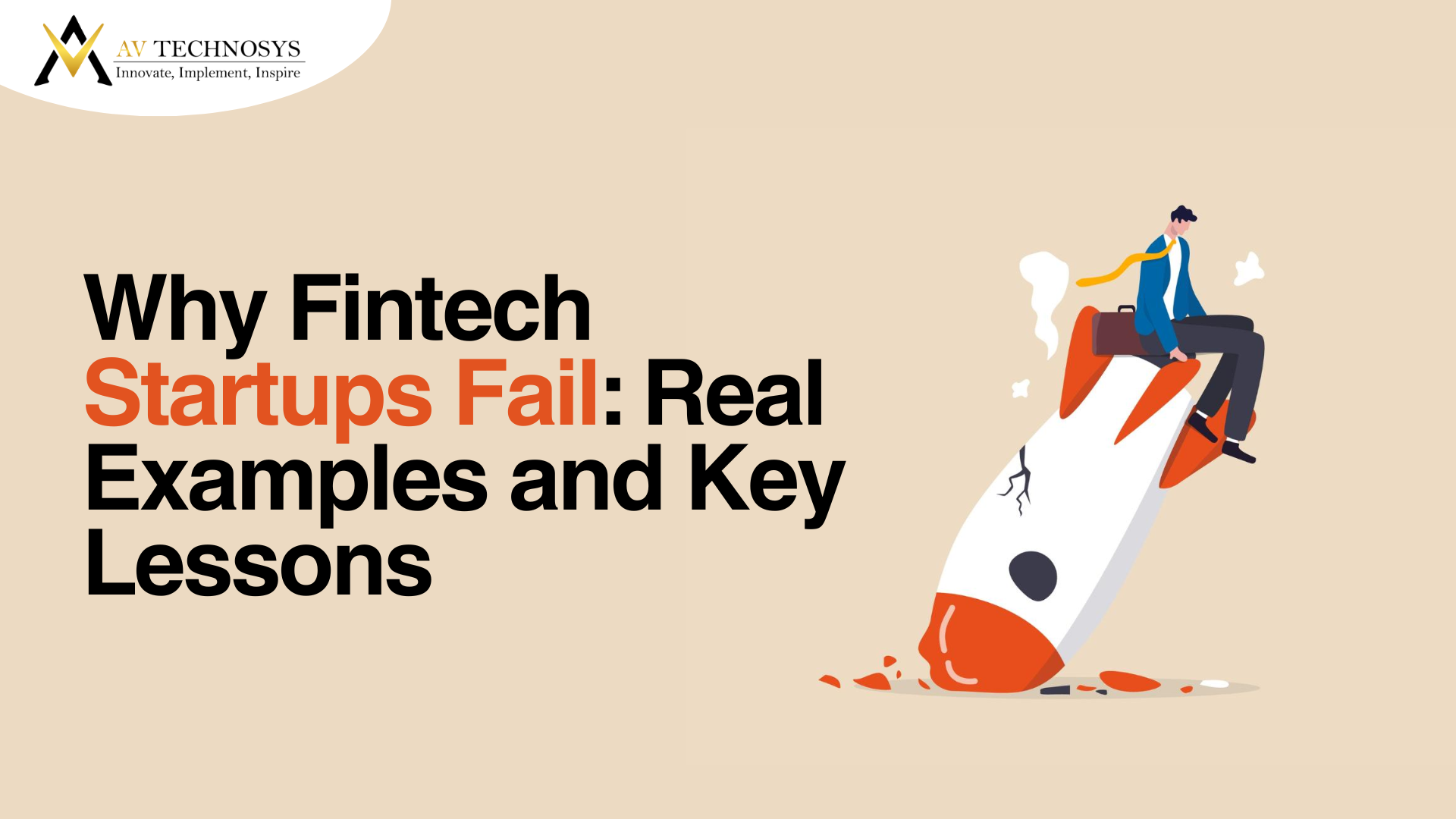How to Make a Nutrition or Diet App in 2025
Build a successful nutrition or diet app in 2025 with the right features, tech stack, and user-focused strategy.


App Development
In a world increasingly driven by wellness trends and personalized health, nutrition and diet apps are no longer a luxury; they're a necessity. As we move into 2025, the digital health and fitness market is evolving fast, with users demanding more personalized, AI-powered, and intuitive solutions to meet their unique dietary needs.
If you're a startup founder, tech entrepreneur, or digital health innovator wondering how to make a nutrition or diet app in 2025, this guide is for you. From market trends to features, development tech stack, business models, and monetization strategies we’ll cover every detail you need to build a successful and scalable app.
Why Build a Nutrition or Diet App in 2025?
1. Health-Tech is Booming
According to Statista, the global digital health market is expected to reach over $900 billion by 2030. A large portion of this growth is driven by lifestyle and diet apps.
2. Shift Toward Preventive Healthcare
Users are no longer waiting to get sick, they're actively looking for ways to improve their wellness. Nutrition is at the center of this movement, opening up massive opportunities for apps that guide eating habits, track macros, and offer healthy recipes.
3. Personalization is Key
Thanks to AI, wearables, and bio-data integration, users now expect nutrition apps to tailor meal plans based on personal preferences, goals, allergies, and activity levels.
Market Landscape in 2025
Key Stats (2025 Projections) | |
Total Users of Nutrition Apps | 1.2 Billion+ |
Average Time Spent Per Day | 14 Minutes |
Market Growth Rate | 21.5% CAGR |
Most Used Features | Calorie Counting, Meal Planning, AI Suggestions |
Popular apps like MyFitnessPal, YAZIO, Lifesum, and Noom dominate the space, but there’s still room for innovation, especially in regional diets, subscription services, and AI-based nutrition.
Define Your App’s Purpose First
Before jumping into development, define the core mission of your app. Ask:
Is it a calorie counter?
Is it a personalized diet planner?
Will it offer AI-based food recognition?
Is it a social wellness community?
Is it for general users or niche groups (e.g., diabetics, keto followers, gym-goers)?
Popular App Types
Calorie Tracker Apps – e.g., MyFitnessPal
Meal Planning Apps – e.g., PlateJoy
Diet Coach Apps – e.g., Noom
Intermittent Fasting Apps – e.g., Zero
Recipe & Grocery Apps – e.g., Eat This Much
Core Features of a Diet App in 2025
Here’s a breakdown of must-have features grouped by user and admin functionality:
User Features
1. Smart Registration & Onboarding
Goal selection (weight loss, muscle gain, wellness)
Dietary preferences (vegan, keto, etc.)
Allergies and intolerances
Wearable integration (Apple Watch, Fitbit)
2. Personalized Meal Plans
Dynamic updates based on progress
Integration with food preferences
Auto-generated grocery lists
3. AI-Powered Food Logging
Photo recognition of meals
Voice input for logging
Barcode scanner for packaged foods
4. Calorie & Macro Tracker
Daily breakdown of calories, carbs, protein, and fats
Real-time sync with fitness trackers
5. Progress Dashboard
Visual charts
Weight tracker
Water intake reminders
6. Nutritionist Consultation (Optional)
In-app chat with certified dietitians
Subscription-based video consultations
7. Gamification & Social Integration
Badges for milestones
Share meals or results on social media
Join groups for similar goals
Admin Panel Features
User management dashboard
Nutrition database management
Content & blog publishing
Analytics & reporting
Subscription control
AI model training interface
Tech Stack for Building a Nutrition App
The technology you use defines your scalability, performance, and flexibility.
1. Frontend
Platform | Tools |
Android | Kotlin, Jetpack Compose |
iOS | Swift, SwiftUI |
Cross-platform | Flutter, React Native |
2. Backend
Requirement | Tools |
API Framework | Node.js, Django, Ruby on Rails |
Database | PostgreSQL, MongoDB |
Real-time Data | Firebase, WebSockets |
AI Features | TensorFlow Lite, PyTorch, OpenAI API |
Cloud | AWS, Google Cloud, Azure |
3. Integrations
Apple HealthKit, Google Fit
Stripe/PayPal for payments
Chat API (Twilio, Sendbird)
Machine Learning (Food image recognition)
AI in Nutrition Apps: The 2025 Advantage
AI is not optional in 2025—it’s expected. Here’s how to use it smartly:
1. Image Recognition
Users take a photo of their food, and AI estimates calories and macros.
2. Chatbot for Diet Tips
AI nutritionist chatbot gives instant advice, 24/7 support, and recipe suggestions.
3. Predictive Meal Planning
The app learns your preferences and suggests meals based on your goals and habits.
4. Natural Language Processing
Voice-based food logging and question answering (e.g., “How many carbs in a banana?”)
Monetization Models for Diet Apps
How do you make money with a nutrition app? Here are proven strategies:
1. Freemium Model
Offer basic tracking for free, premium plans for meal plans, AI features, etc.
2. Subscription Plans
Weekly, monthly, and annual plans for exclusive content and dietitian access.
3. In-App Purchases
Offer recipe books, fitness guides, grocery planners, etc.
4. Ad-Based Revenue
Allow third-party health brands to advertise (without disrupting UX).
5. Affiliate Marketing
Promote fitness equipment, supplements, or meal kits and earn commission.
Step-by-Step App Development Process
Step 1: Market & Competitor Research
Analyze existing apps, find gaps, and define a Unique Value Proposition (UVP).
Step 2: Define Scope & Features
List your MVP (Minimum Viable Product) features and future add-ons.
Step 3: Wireframing & UI/UX Design
Create user flow diagrams, screens, and an intuitive interface focused on usability.
Step 4: App Development
Choose the right tech stack, build frontend/backend, integrate AI & APIs.
Step 5: Testing
Conduct unit testing, performance testing, security testing, and A/B testing.
Step 6: Launch on App Stores
Prepare ASO (App Store Optimization), screenshots, descriptions, and demo videos.
Step 7: Post-launch Support & Updates
Fix bugs, collect user feedback, and release regular updates with new features.
Collaborate with Nutrition Experts
Even the best-designed app needs credible dietary logic. Consider:
Hiring certified nutritionists
Licensing databases from health organizations
Integrating FDC (FoodData Central) or USDA databases
A science-backed app boosts user trust and app store credibility.
Regulatory & Compliance Factors (2025)
Since your app deals with health data, ensure full compliance:
HIPAA (for US-based users)
GDPR (for EU users)
ISO/IEC 27001 for data security
ADA Compliance for accessibility
Consent forms for collecting personal data
Growth & Marketing Strategy
An app is only as successful as its user base. Here’s how to scale fast:
1. Influencer Collaborations
Work with health coaches, gym trainers, and nutritionists.
2. SEO & Blog Strategy
Post articles like “Best 7-Day Keto Meal Plan” or “Top High-Protein Vegetarian Foods”.
3. Referral Programs
Reward users for inviting friends.
4. Email Marketing
Send recipes, success stories, and weekly meal plans.
5. App Store Optimization (ASO)
Optimize your title, keywords, and reviews for visibility.
Real-World Use Cases & Niches
Pregnancy Nutrition App – tailored for prenatal diets
Diabetes Diet Tracker – integrated with glucose monitors
Regional/Local Diet App – focus on Indian, Mediterranean, or Japanese diets
Gym & Muscle Gain Planner – tracks protein intake, creatine schedules, etc.
These niches reduce competition and increase user loyalty.
Future Trends in Nutrition Apps (Post-2025)
DNA-based Diets: Integration with genetic testing kits
AI Meal Planners: Auto-create meals based on your schedule and fridge contents
Voice-only Food Journals: Voice assistants logging your meals hands-free
Smart Kitchen Sync: Your fridge talks to your app and suggests what to cook
Conclusion
Planning to launch a nutrition or diet tracking app in 2025?
Today’s users demand more AI-powered insights, personalized meal plans, wearable integrations, and smooth UI.
With the right approach, your app can become a daily health companion and a strong revenue driver.
Success depends on user engagement, data accuracy, and smart monetization.
That’s where AV Technosys comes in. We specialize in building scalable, user-friendly health and wellness apps.
From MVP to full-scale product, we turn your vision into reality with reliable tech and industry insight.
Partner with AV Technosys to turn your wellness app idea into reality.
📬 Get in Touch With Us
Name
Mobile No.
Message
Our Latest Blogs
Get the most recent information on trends, technology, and development insights.
View All Blogs

Ashish Bishnoi
07-05-2025
Discover how AI is reshaping fintech with key trends and real-world benefits driving innovation in 2025.

Veer choudhary
08-05-2025
Explore how new regulatory changes will shape the future of fintech in 2025 and beyond.

Veer choudhary
11-05-2025
Learn why fintech startups fail with real examples and key lessons to build smarter in 2025.
Our Technology Experts Are Catalysts for Digital Transformation
Book a Free call with Our Experts and Start Building the Future Today.

INDIA
238, 2nd floor, Purani Chungi,
DCM Road, Vaishali Nagar,
Jaipur, Rajasthan, 302017
+91 9983034111

UK
1-3 St Nicholas Street Worcester
WR1 1UW, United Kingdom
+44 7470994018

USA
15632 Lucy Lane ,
Frisco , TX , 75033
303-589-5158







